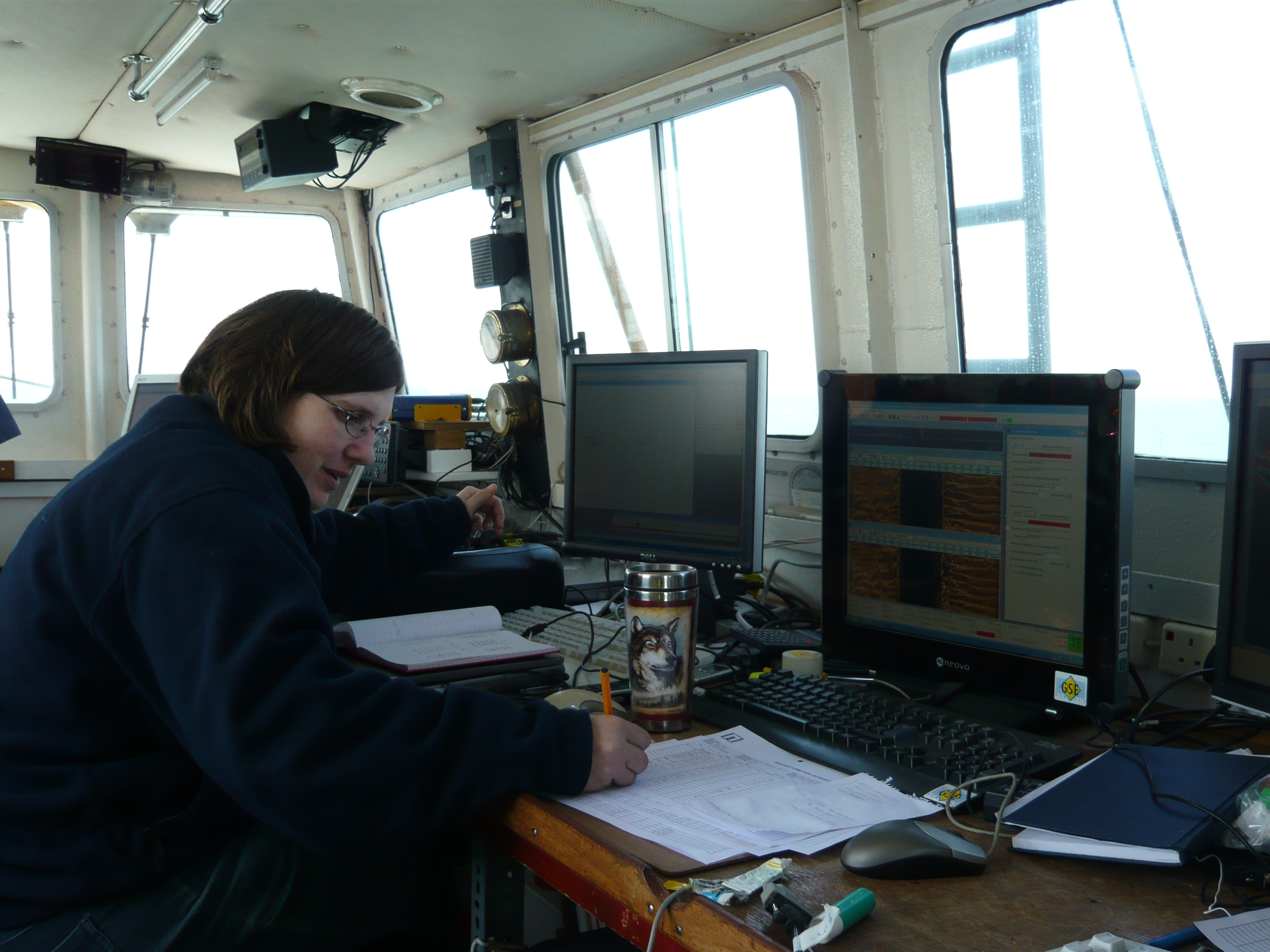All Categories
Featured
Table of Contents
Mining Geophysicist Profile in Darlington WA 2020
This work is significantly contracted out, so consultancies offer another source of employment. Consultancy firms vary in size, from extremely little business to large multinationals. Some consultancies are quite specialised in using specific geophysical strategies or working in specific locations, while others offer a more varied variety of services to their clients.
The extraction of gas from garbage dump sites is another location of work and this might grow in the future. Exploration business might carry out work for construction firms, public utility, mining business and environmental agencies, so geophysicists may be employed in any of these settings. Other companies consist of: geological surveysgovernment bodies and agenciesuniversities and research study institutes.


Vacancies might be noted in the oil and gas sector press. Recruitment is affected by oil cost changes and the level of competitors for positions differs depending upon this. Professions Days, which cover the complete series of geoscience careers and are generally participated in by a variety of crucial industry employers, are run by The Geological Society.
What Is Geophysics And What Do Geophysicists Do? in Melville Oz 2023
Some of the big oil and gas business offer a full two-year structured training programme throughout the breadth of geophysics, consisting of the opportunity to experience work in various groups prior to specialising in one area. Your training may consist of work on: existing wellsmagnetic and gravitational potential field data analysisresearchrock analysis. However, it's more usual for your preliminary training to be provided on the job.

There may be a probationary period during which you work together with an experienced coworker. Competency-based appraisals occur frequently in many firms. In smaller sized firms, and for scholastic posts, there is not likely to be any formal training - you'll be expected to start work straightaway and get abilities as you go along.
If you work for a smaller sized company, you may discover that you require to take obligation for organizing and moneying your own advancement and training. If you have a geology degree, membership of The Geological Society can be helpful for networking and for maintaining to date with the market.
Geophysical Survey In Archaeology in Coolbellup Western Australia 2020
You might also discover it helpful to sign up with the PESGB (The Petroleum Expedition Society of Great Britain, which has a geophysics unique interest group. After a probationary duration, and as soon as you've acquired some experience, you could progress to senior geophysicist, then group leader and then into a senior role in management.
The ease of motion between functions depends on the company structure. Research study at Masters or Ph, D level in a subject associated to geophysics or geosciences may assist with your career development and progression. The employment market within the oil and gas industry is extremely dependent on price and this might affect your chances for career progression.
For experienced geophysicists, freelance consultancy offers an excellent path for profession development. As a geophysicist, you're likely to have a number of jobs throughout your working life.
Geophysicist Job Description: Salary, Duties, & More in Roleystone Aus 2022
From geophysics, it's possible to focus on seismology (finishing additional training to end up being a seismic interpreter) or to move into associated areas such as engineering geology or risk prediction.
Choosing what to study in college is a difficult choice. Even if you understand that your field of interest lies in science, what program of research study is ideal for you? If you make the choice to major in physical and life sciences and pursue a profession as a geophysicist, you're getting ready for an amazing and rewarding occupation.
The very first step to accomplishing your objective of ending up being a geophysicist is earning a degree. Even for entry-level positions in the field of geoscience, you'll require a bachelor's degree (a geophysicist college degree) from a certified college or university. Geophysicists must be able to: analyze rocks, photographs, and other pieces of information perform research both in the field and in labs produce maps and charts of their findings write reports To achieve all this, students need a specialized education for geophysicist careers.
As specified above, you'll require a bachelor's degree in geoscience or an associated discipline, such as a physical science or a life sciences, to land an entry-level task. Trainees can likewise prepare by majoring in topics like: Biology Chemistry Computer science Engineering Mathematics Physics The above geophysicist majors provide a more generalized approach to a single scientific discipline, however the majority of programs require trainees to take one or more geology course.
Latest Posts
Geophysical Survey - Salisbury Archaeology in South Guildford Aus 2021
Geophysical Survey in Yangebup Aus 2022
Working As A Geophysicist And Oceanographer In Canada in Singleton Aus 2022